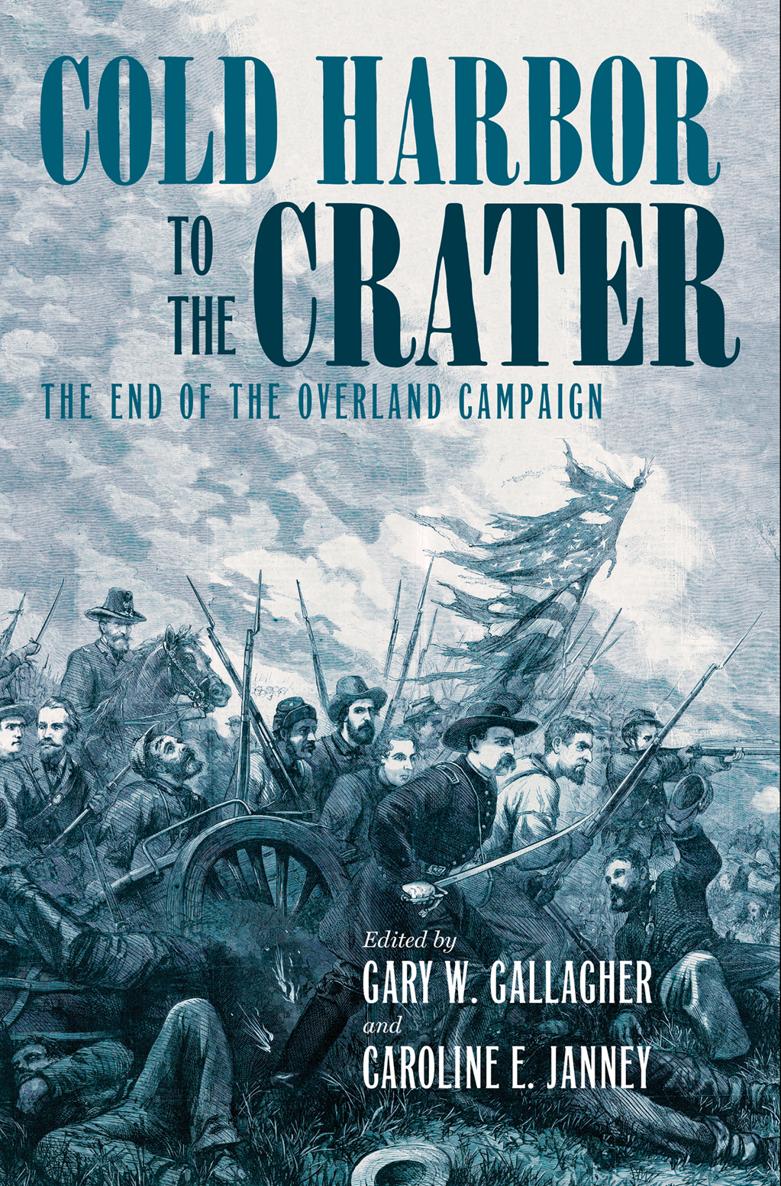

Most ebook files are in PDF format, so you can easily read them using various software such as Foxit Reader or directly on the Google Chrome browser.
Some ebook files are released by publishers in other formats such as .awz, .mobi, .epub, .fb2, etc. You may need to install specific software to read these formats on mobile/PC, such as Calibre.
Please read the tutorial at this link: https://ebookbell.com/faq
We offer FREE conversion to the popular formats you request; however, this may take some time. Therefore, right after payment, please email us, and we will try to provide the service as quickly as possible.
For some exceptional file formats or broken links (if any), please refrain from opening any disputes. Instead, email us first, and we will try to assist within a maximum of 6 hours.
EbookBell Team

4.1
80 reviewsBetween the end of May and the beginning of August 1864, Lt. Gen. Ulysses S. Grant and Gen. Robert E. Lee oversaw the transition between the Overland campaign—a remarkable saga of maneuvering and brutal combat—and what became a grueling siege of Petersburg that many months later compelled Confederates to abandon Richmond. Although many historians have marked Grant's crossing of the James River on June 12–15 as the close of the Overland campaign, this volume interprets the fighting from Cold Harbor on June 1–3 through the battle of the Crater on July 30 as the last phase of an operation that could have ended without a prolonged siege. The contributors assess the campaign from a variety of perspectives, examining strategy and tactics, the performances of key commanders on each side, the centrality of field fortifications, political repercussions in the United States and the Confederacy, the experiences of civilians caught in the path of the armies, and how the famous battle of the Crater has resonated in historical memory. As a group, the essays highlight the important connections between the home front and the battlefield, showing some of the ways in which military and nonmilitary affairs played off and influenced one another.
Contributors include Keith S. Bohannon, Stephen Cushman, M. Keith Harris, Robert E. L. Krick, Kevin M. Levin, Kathryn Shively Meier, Gordon C. Rhea, and Joan Waugh.